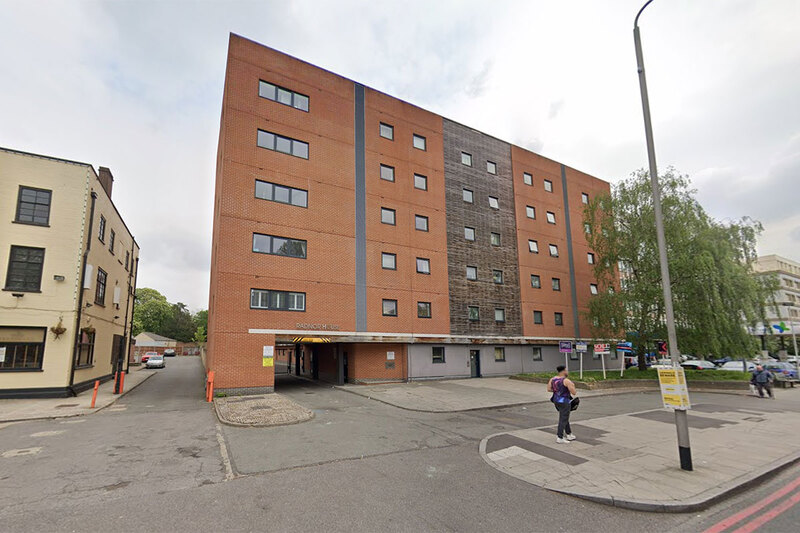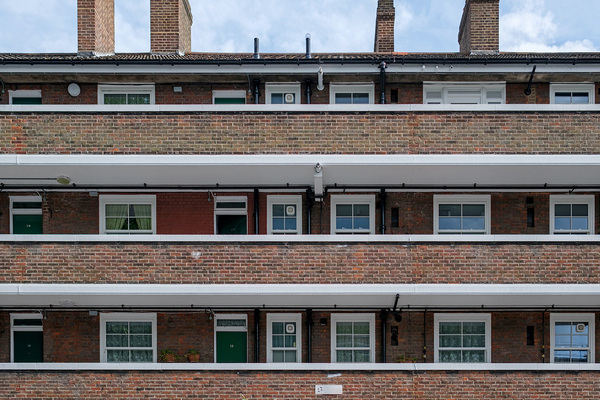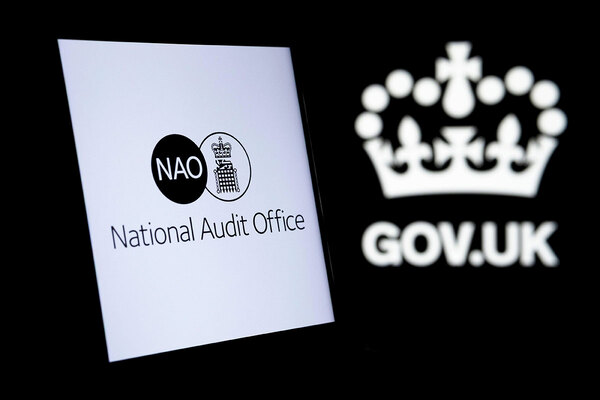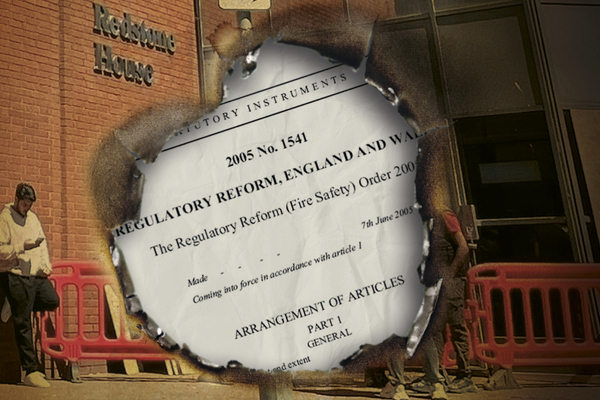You are viewing 1 of your 1 free articles
Landlord apologises for incorrect rent increase during sale of shared ownership home with cladding issues
A housing association has apologised for a family’s “distressing” experience after it raised rents on a shared ownership flat while the family struggled to sell the home due to cladding issues.

Places for People (PfP) admitted it overcharged rent on a family’s shared ownership flat, which was “challenging” to sell because it required remediation work.
A spokesperson for the family, who did not wish to be named, told Inside Housing they had inherited their late uncle’s one-bedroom shared ownership home in Norbury, south London. The shared owner had a 35% stake in the property and paid rent on the remaining 65%.
According to the family, the cladding issues affected the value of the home negatively. In 2007, the flat had a market value of £161,950. When the family finally sold the home at auction in December 2024, it was valued at £120,000. PfP was paid £78,000 for its share.
In April 2024, while the family struggled to sell the home, PfP increased the rent by 7.2%, from £433.94 per month to £465.18 per month. It did not provide figures to illustrate the increase.
In a letter to the family dated 17 February 2025, seen by Inside Housing, PfP admitted it had overcharged because it did not have the correct Retail Price Index (RPI) figure available at the time. It said the rent increase should have been 5.4% instead. The landlord offered a refund of any excess rent paid and £50 compensation.
The family member alleged that PfP refused to buy back the owner’s share of the home while they struggled to find a buyer, instead saying they should sublet the home.
A PfP spokesperson said: “We understand how challenging it has been for people to sell properties that require remediation work. This case is more complex than many, as Places for People is not the freeholder of this building and only owns a small number of properties that we offer on affordable tenures. The remediation work required for this building is the responsibility of the freeholder.
“In these circumstances, where PfP is not the freeholder, we offer support by providing consent to sublet. This is not standard, but for those owners who can wait to sell, it gives the owner the option to rent the property and alleviate some of the financial pressures. The family did not want to pursue this option.
“Rents rise in line with the lease agreement. To support the family while they looked to sell the property, we never pursued the outstanding rent on account. That is all the monthly rent, not the increase. The family settled the outstanding rent once the property sale was completed in December 2024.
“We are sorry for how distressing this experience has been for the family and that the answers have not always been the ones they expected. We understand how much the outstanding remediation work caused delays in selling the property, and we did all we could, with the number of stakeholders involved, to seek a resolution.”
A family spokesperson said: “Following the passing of our late uncle, communication was slow, sometimes taking several weeks to respond to urgent queries and complaints, while financial pressure mounted.
“PfP threatened to withdraw the sale of the flat we had worked so hard to progress unless we paid an outstanding rent balance upon completion. Yet despite repeated requests, they failed to provide any breakdown of the charges. We were left with no choice but to pay the sum under pressure and are now having to fight to recover unlawful overcharges.
“Shared owners’ estates are liable for rent, but what PfP fails to acknowledge is that the charges they insisted upon included repeated, unlawful increases above the agreed RPI, as set out in the lease.
“Shockingly, they continue to raise rents every year to the maximum, even while the building is non-compliant and awaiting urgent remediation work.”
In March 2024, MPs in the cross-party housing scrutiny committee called for urgent reforms to shared ownership, after an inquiry found uncapped service charges, rising rents and unfair maintenance costs were making it unaffordable.
Late last year, the Shared Ownership Council, a cross-industry body backed by Lloyds Bank, launched a pilot scheme for providers to improve customer confidence in the tenure.
Ann Santry, chair of the Shared Ownership Council, said: “While the Shared Ownership Council is not in a position to speak to individual cases, we are committed to supporting both shared ownership customers and providers to create a stronger and fairer shared ownership market. This includes working to address key challenges through the development and roll-out of our shared ownership code.”
Sign up for our tenancy management newsletter
Already have an account? Click here to manage your newsletters
Latest stories








